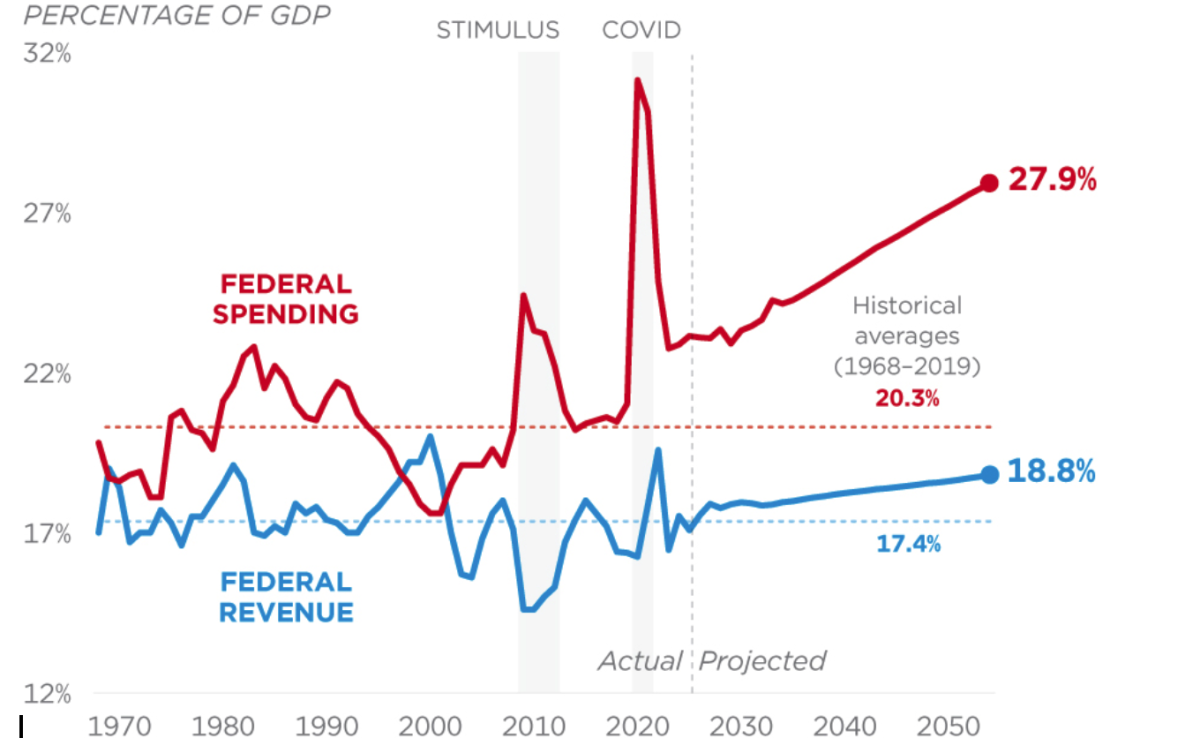By Chris Ufere
As climate change and energy conservation become more and more relevant, fostering a deeper understanding of world’s constantly increasing energy demands is key. Therefore Westminster, along with Lovett, Marist, Pace and other schools across the nation, compete in The Green Cup Challenge to see who can reduce energy usage the most over a month’s time.
“The Green Cup Challenge is about how reducing the amount of energy used within a specific period of time,” says senior Piper Ruhmkorff, co-president of the Campus Conservation Corps. “We measure the amount of energy reduced in percentages rather than kilowatts per hour, so that it can be measured universally against other schools.”
The Green Cup Challenge began in 2003 at Phillips Exeter Academy as a campus-wide energy conservation competition designed to raise awareness about energy consumption. The challenge was successful, as it saved thousands of dollars in utility costs, reduced greenhouse gas emissions and educated the community about the importance of energy conservation.
“Westminster was one of the original schools to actually compete in the Green Cup Challenge,” says Biology teacher Jennifer Harper, an advisor of the Campus Conservation Corps. “Participating has become a fun tradition as more schools get added on to keep seeing how we compare to the growing number schools in America.”
Even though environmental problems don’t appear to pose a great threat to the Westminster community, promoting the conservation of energy is key, especially with the newfound and extensive use of Macs.
“As people as they are starting to see that global warming and climate change have become more of a problem in our daily lives, they realize it’s more important to get involved and take a stand against excessive energy usage and pollution,” says Ruhmkorff. “However, they are actually a couple of really easy ways to save energy. First of all, and probably most importantly, charge your computer at home. If people have their chargers plugged in all around the schools it really drains energy. Second, teachers can start turning down power strips to save energy.”
After initial results come in, members of the Campus Conservation Corps release key statistics on Westminster’s progress. These stats not only inform students on the processes taken to save energy, but also are used as a motivational tool.
“After we collect the data we make flyers,” says Harper. “We put them on the back of every bathroom stalls, hoping to illustrate in physical terms how much we’ve reduced energy consumption. We also use the flyers as a motivational tool to push students and faculty to keep reducing energy.”
Furthermore, in the wake of a push for energy conservation, Westminster has already instituted new programs that vastly cut down on energy consumption.
“The HVAC (Heating, ventilation, and air condition) system that controls the school’s air-conditioning was made a few years ago,” says Harper. “Currently, we actually have set it up so that there is an automated control system which allows you to get on a website and remotely change the temperature in any building. This innovation has helped a lot with energy savings. Instead of having a system that runs all day, the new HVAC system shuts off every day at 4 o’clock. This led to a 12.4% reduction in energy last year.”
Even with many technological innovations, Westminster has never been crowned champions of the Green Cup Challenge. Winning the challenge is an easier task for smaller schools with less energy demands. Nevertheless, Westminster is performing greatly compared to schools in Georgia.
“Our main goal is to be leaders in Georgia for other schools for the sustainability of energy savings,” says Ruhmkorff. “Doing that gives all of us a good feeling at the end of the day. Hopefully, the Green Cup Challenge will establish habits that will lead to energy saving year-round!”





